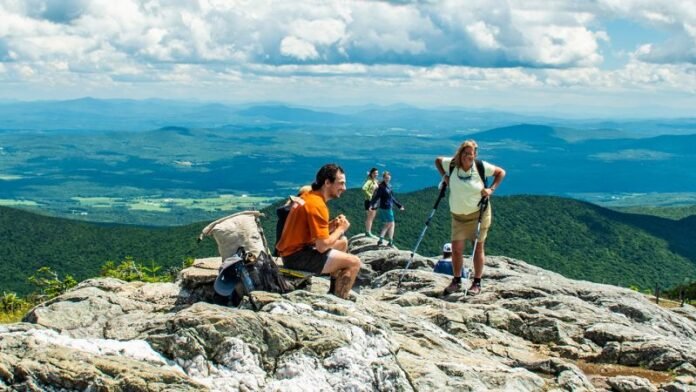CNN
—
Like maple syrup and lakeside lounging, an annual influx of Canadians tourists has long been a part of life for the border-hugging New York region known as “North Country.”
“I don’t ever remember a summer where I wasn’t at the beach, hearing the French language and seeing Quebec license plates,” said Kristy Kennedy, who grew up in the area.
But Kennedy, now vice president of marketing and business development for the North Country Chamber of Commerce, has seen (and heard) far fewer Canadian visitors in recent months, as travel has dipped amid international tensions.
Reservations are down at hotels and campgrounds, she said; local marinas, which depend on Canadian boaters, have watched bookings slow.
“There’s definitely a decline,” she said. For the rural area, such losses could mean economic pain. “Our leisure travel market is about 70% Canadians — it’s a very large part of what we do.”
Business is down 30% this spring, said Paul Dame, owner of Bluff Point Golf Resort in Plattsburg, New York, in a recent interview with CBC, and pinned the “disheartening” decline on the political situation.
New York business owners aren’t alone in their concern about the tourism slowdown. But now, they’re in the vanguard of residents along the northern border working to woo Canadians back — and sweetening the message with Canadian-only deals.
On June 1, members of the North Country Chamber of Commerce launched a “Cross-Border Specials” campaign encouraging businesses to welcome Canadians by offering special pricing and perks.
“Our partners were like, ‘Absolutely yes, let’s make it affordable for those who still want to come,’” said Kennedy.
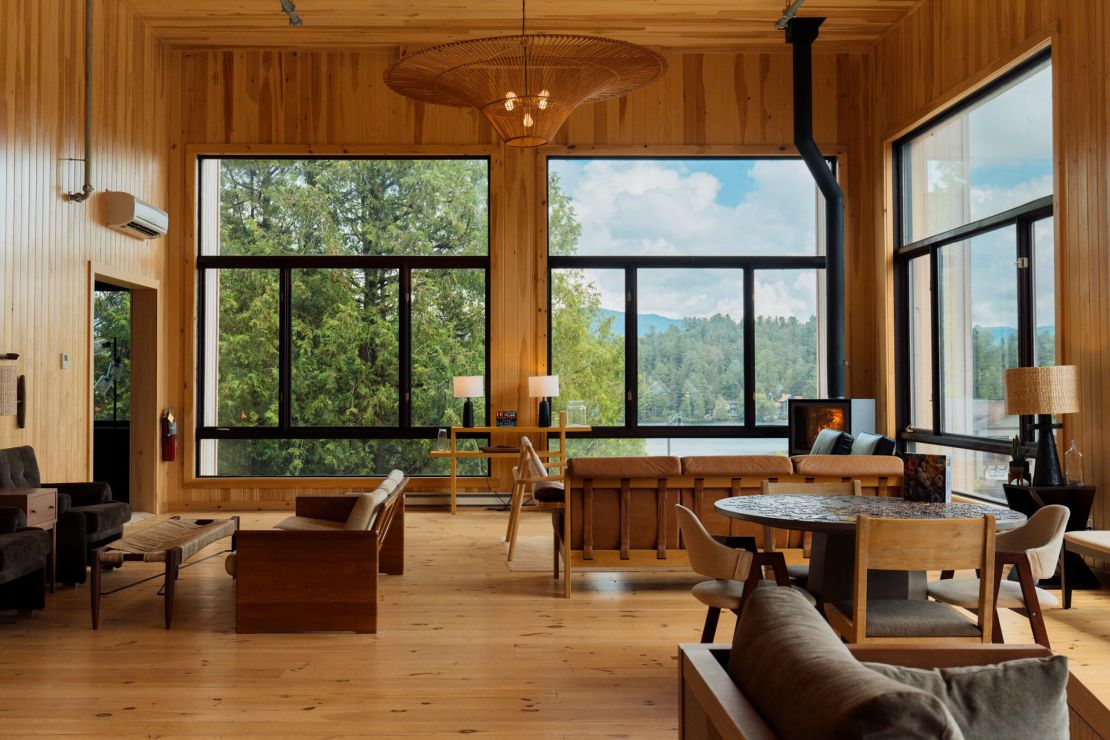
The deals range from cheaper stays to free activities: At the boutique hotel Bluebird Lake Placid, Canadian residents get a 30% discount through the end of August, and Canadian players at Bluff Point Golf Resort get a free sleeve of Callaway Canada balls. In Plattsburg, New York, Adirondack ElliptiGO is giving away full-day rentals of their stand-up elliptical bicycles to anyone with a Canadian ID.
“I thought I’d do something to just invite them down,” said Adirondack ElliptiGO owner Donald Moore. He’s partnering with the nearby Cabana Beach Bar, as well, with plans to give his Canadian visitors vouchers to use at the lakeside hangout. “They can get some drinks while they sit with their toes in the sand,” Moore said.
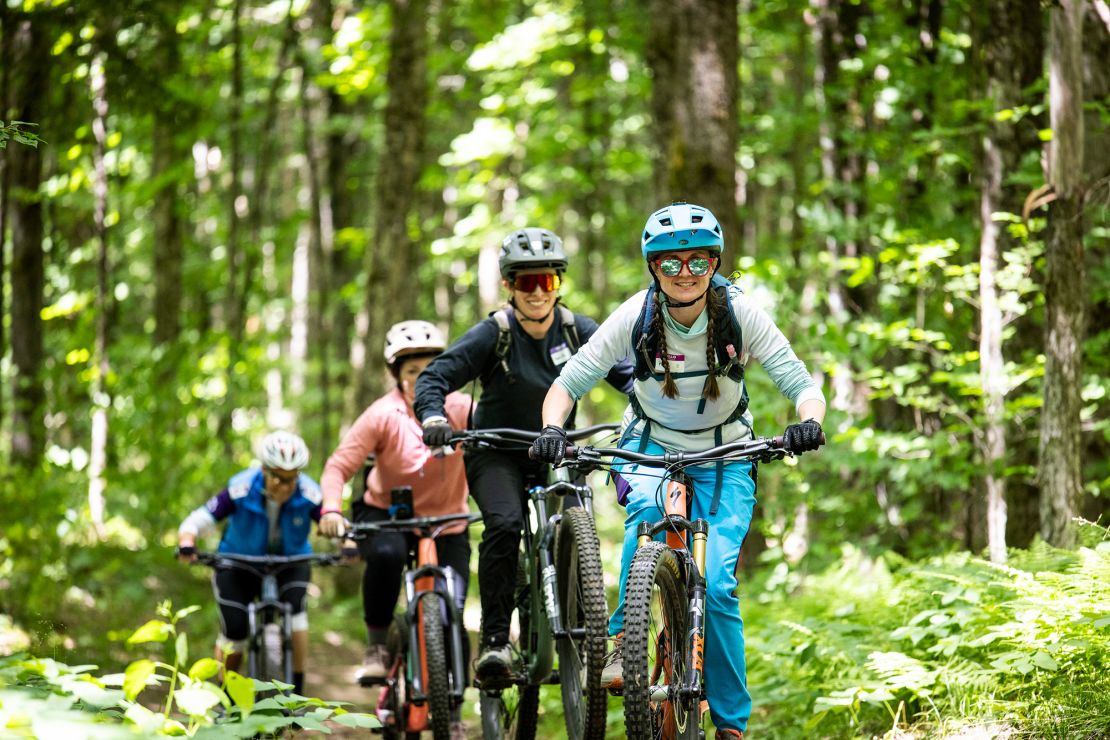
In neighboring Vermont, those working in northern communities echoed sentiments heard along the New York border, as well as their commitment to bringing Canadians back.
Abby Long, executive director of the nonprofit Kingdom Trails Association in East Burke, Vermont, said the proportion of Canadians riding its more than 100 miles of mountain bike trails has halved since last spring.
“We heard from Canadian trail users that come year after year, multiple times a year,” she said. “They let us know that they love Kingdom Trails, they were sorry not to be joining, but they would not be coming this summer.”
What’s more, she said the drop is trickling down to countless small shops, restaurants and accommodations in the Northeast Kingdom, one of the state’s most economically depressed regions.
“All the businesses surrounding our trail network that depend on those visitor numbers are also being impacted,” Long said.
Jay Peak Resort, which is just a few miles south of the international border, has seen similar fallout. The cancellations started after President Trump talked about Canada becoming America’s “51st state,” said Steve Wright, the resort’s president and general manager.
It’s only gotten worse since then. New reservations have sagged.
“I think people are maybe ‘under-seeing’ the impacts it’s having on border communities and border economies up here, that rely on Canadians for their top and bottom line,” said Wright, who also spoke at a June 11 forum on tariff impacts hosted by US Senators Ben Ray Luján and Catherine Cortez Masto.
“About 50% of our traffic is Canadian, and 60% in the summer,” Wright said. “There will almost certainly be a reduction in workforce if we don’t get this turned around.”
Jay Peak Resort has long offered “at-par” pricing for Canadians, allowing them to use Canadian dollars to pay the USD list price for lift tickets and more — a substantial savings as the US dollar remains strong.
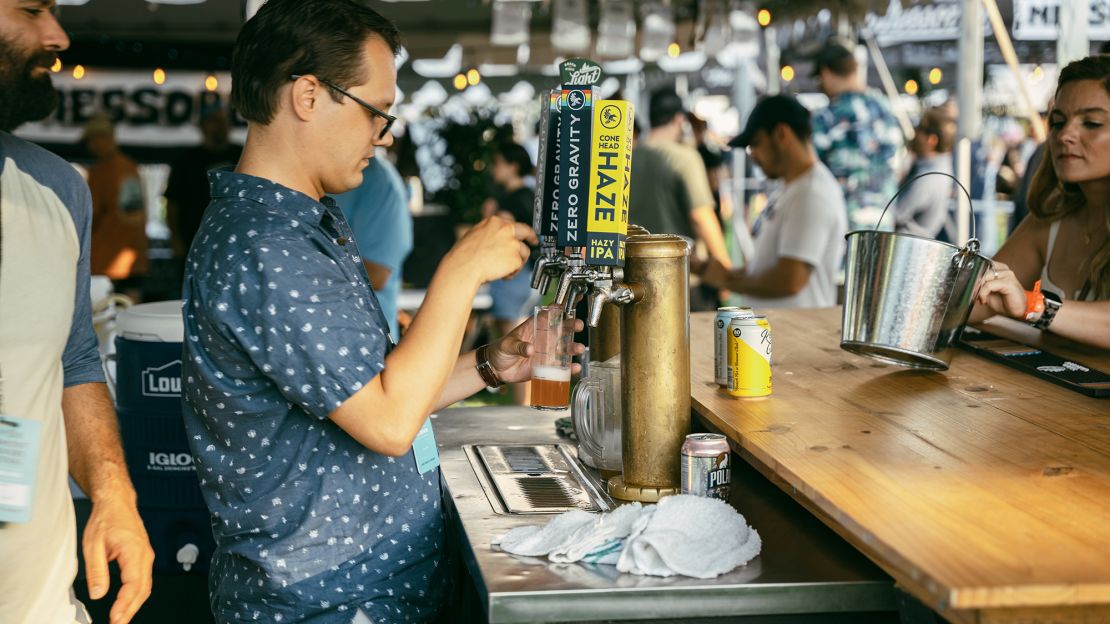
Now, some others are following suit. Emma Arian, the executive director of Vermont Brewers Festival, decided to roll out at-par pricing for their two-day craft beer event in July, which brings together some of the state’s 77 breweries for tastings on the Burlington, Vermont, waterfront.
“We wanted to make a meaningful gesture that says, ‘We see you, we value you and we want you here,’” said Vermont Brewers Festival executive director Emma Arian. In addition to the Canadian-only discount, Arian also recruited a trio of Quebec breweries — including Dieu du Ciel! and Messorem — to participate in the event, serving craft brews alongside their American counterparts.
“It demonstrates our commitment to welcoming our neighbors from across the border,” she said. “We hope to capture the spirit of collaboration — and gratitude.”
Similar efforts are taking place across the northern US. Last month, Maine Governor Janet Mills unveiled new signs reading “Bienvenue Canadiens,” which are currently being installed along interstates and at ports of entry.
New, bilingual signage is cropping up in the Adirondacks region, too.
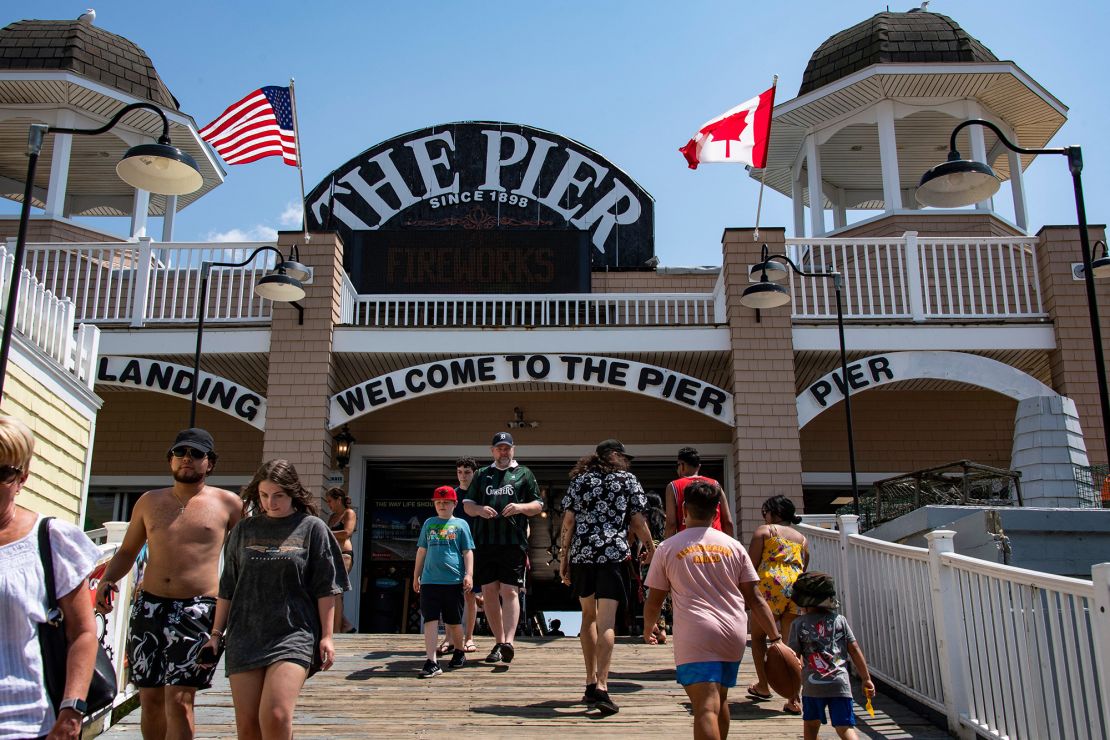
One hotel group based in Portland, Maine, has a “Canadian special” at its five properties, with discounts ranging from 10% to 15%. The tony hotels of the Kennebunkport Resort Collection have an “O Canada” discount of up to 15%, which comes with a free bottle of bubbly.
In Washington State, a group of tourism businesses launched an “Open Arms for Canada” campaign, in which participating locations — from Seattle’s Pacific Science Center to the seaside Semiahmoo Resort that’s just shy of the international border — offered a weekend-long 30% discount to Canadian visitors in May.
“It’s our way of saying, ‘We’re glad you’re here, and we’re on your side,’ the campaign website reads.
Communities ‘that rely on Canadians for their top and bottom line’
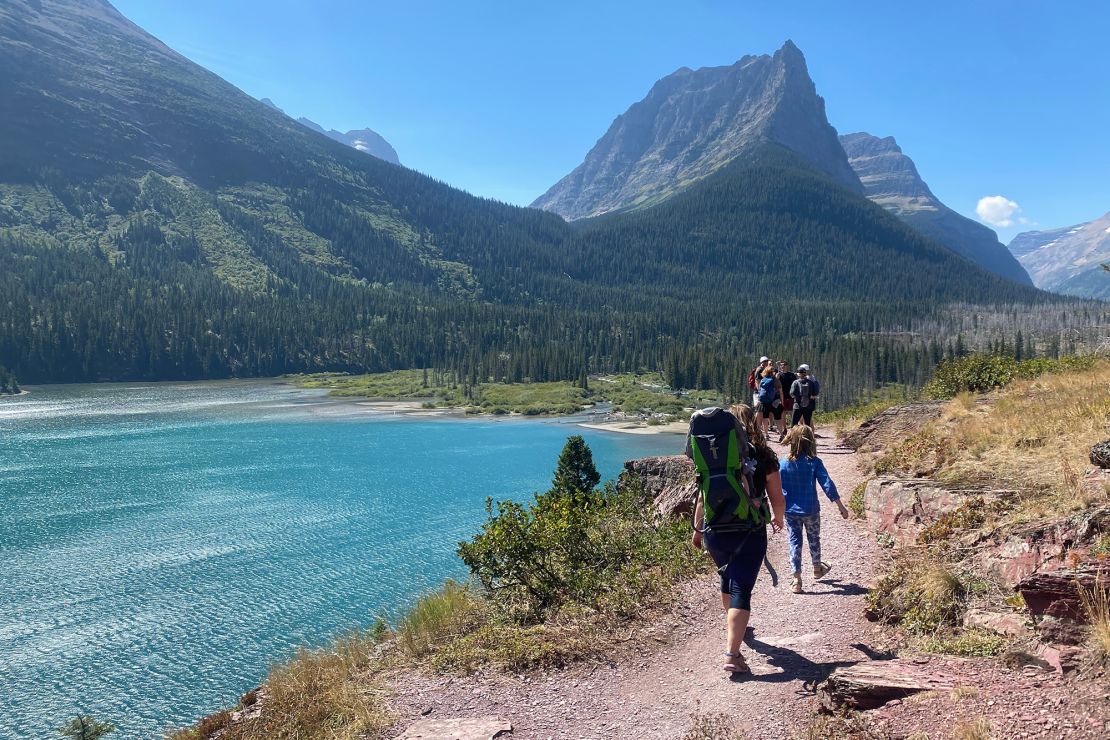
For now, the losses aren’t evenly distributed, and northern states are noticing more acute declines than the rest of the US. Car trips to the US by Canadian residents were down 35.2% in April when compared with 2024.
It was the fourth consecutive month of year-on-year contraction, with effects that are touching red and blue states alike.
North Dakota has lost an estimated $13.4 million in spending by Canadian visitors, said a representative for the state’s tourism and marketing department.
Hotel bookings across Montana by Canadians were down 73% in January through March, said Discover Kalispell executive director Diane Medler, who noted that visitors from Canada account for 90% of her own city’s international guests. Hoteliers have told her cancellations are hurting their bottom lines, particularly in the cooler spring season. One, she said, described a single cancellation by a Canadian tour group that represented a $35,000 hit.
“Canadians help to boost our visitation year-round,” Medler told CNN. “That loss is especially hard during those slower months.”
In an April radio address, Maine governor Mills described widespread cancellations by Canadian visitors calling off plans to visit the state’s campgrounds and resorts. She estimated that the state would lose 225,000 Canadian travelers. (Recent reports suggest the numbers could prove far higher.)
In Washington State, year-on-year hotel bookings have dropped 6% in the northwest region, said Michelle McKenzie, the director of marketing for State of Washington Tourism in an email to CNN. That figure pertains to all travelers, not just Canadians.
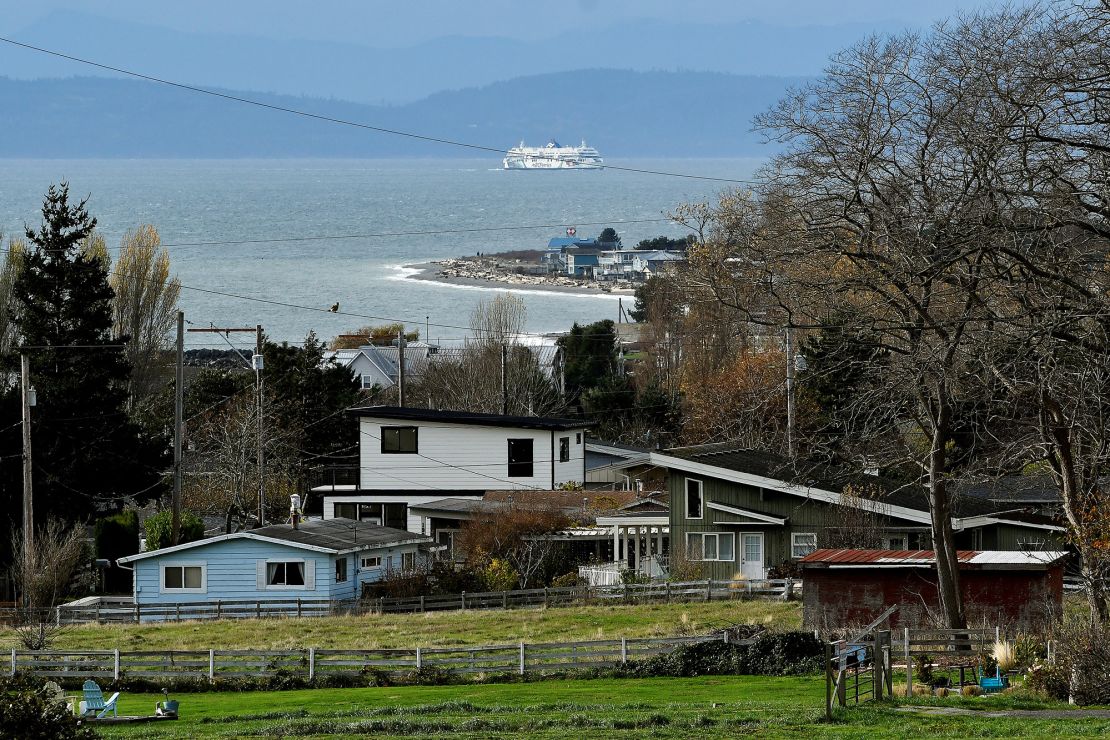
Tiny Point Roberts, Washington, which has long relied on majority-Canadian tourism, has gone eerily silent, said Wayne Lyle, president of the Point Roberts Chamber of Commerce.
“Gas stations are quieter, grocery stores are quieter, and restaurants are down 50% in business,” Lyle said. “It’s been a huge impact.”
If Canadians opt out of US vacations this year, it will affect more than northern states — it will be a drag on the nationwide economy. Visitors from Canada spent more than $20 billion in the US last year, and supported some 140,000 American jobs, estimates the U.S. Travel Association.
Analysts from the travel industry website Skift have noted that even a relatively modest 10% decline in spending would translate to a $2 billion loss.
And initial figures suggest that the damage might be far higher than that. Air travel by Canadian residents to the US was down nearly 20% in April when compared with the same month in 2024, according to Canada’s national statistics office.
Jen Rose Smith is a writer and editor in Vermont’s Green Mountains.



